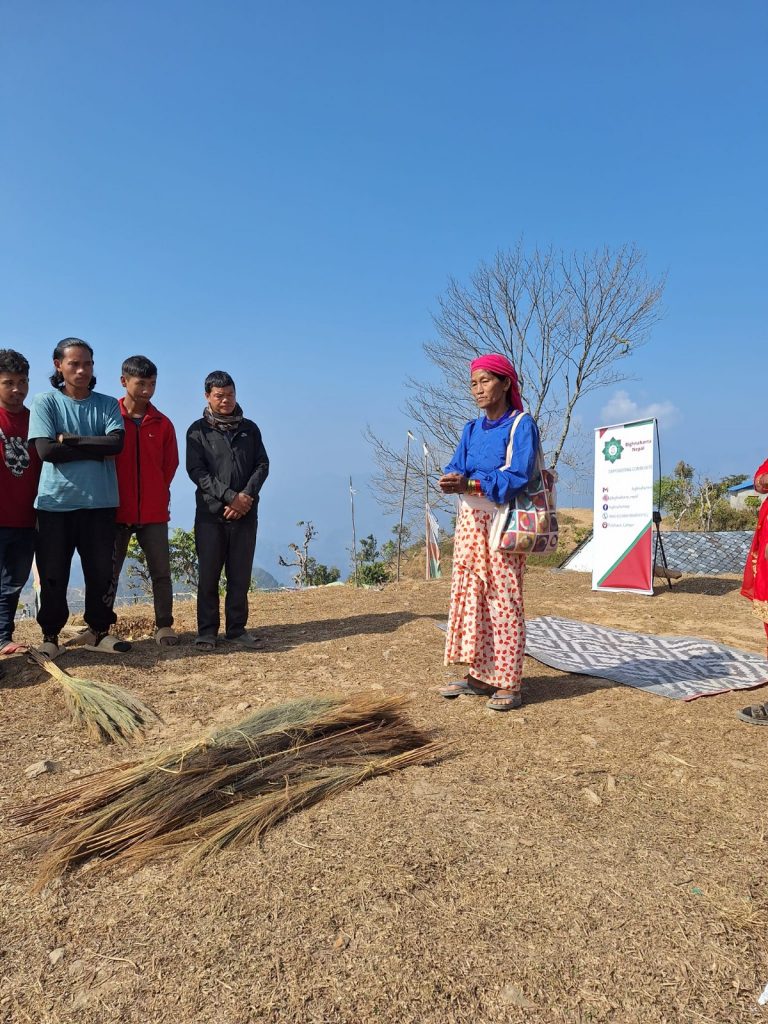
Ankita Shah‘s journey in conservation began far from the city where she was born, Kathmandu, Nepal, and even further from the comfort of traditional career paths. Growing up, she was deeply empathetic, always aware of the challenges faced by those less privileged. This sense of purpose led her to work in social development, but for years, she struggled in environments where her ideas were dismissed, and her contributions went unrecognized—often simply because she was a woman.
Then, in 2015, everything changed. When an 8.1 magnitude earthquake struck Nepal, Ankita witnessed firsthand the resilience of communities facing immense loss. Among them were women who, despite hardship, were not only rebuilding their homes but also leading efforts to restore their communities. It became clear to her: women were not just caretakers; they were changemakers.
One such woman was Sun Maya Ama. At 63, she had spent decades supporting her family and community by making brooms from omriso—broom grass—gathered from the forest. In her youth, this was simply a means of survival. But over time, she began teaching other women, creating opportunities for them to earn income and support their households.

Inspired by Sun Maya Ama and other women like her, Ankita and her team from Bighnaharta Nepal launched an initiative in 2019 to reintroduce broom grass planting on a commercial scale. This effort connected communities with fair market opportunities, engaged women from over 110 households, and significantly reduced landslides by 90% due to the plant’s deep-rooted benefits for soil stability.
Sun Maya Ama shared with Ankita,
“For years, I worked in poverty and scarcity. Now, the skills I used to survive have become my identity. I’m not just taking care of my family—I’m taking care of our land, our future, and helping other women do the same.”
Through this work, Ankita has seen how investing in women leads to lasting impact—not only in economic empowerment but also in environmental restoration. These women are protecting their lands, leading conservation efforts, and strengthening their communities from the ground up.
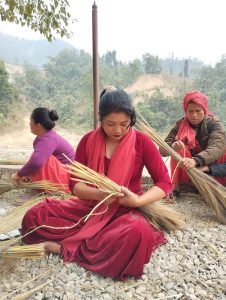
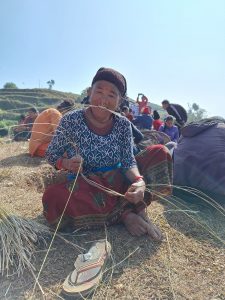
What started as a small initiative has grown into a model for sustainable conservation, proving that when we support women, we support nature itself. Ankita’s journey has been about more than just personal transformation; it’s about creating opportunities for women to lead and thrive in conservation.
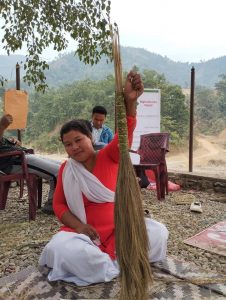
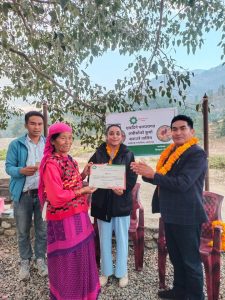
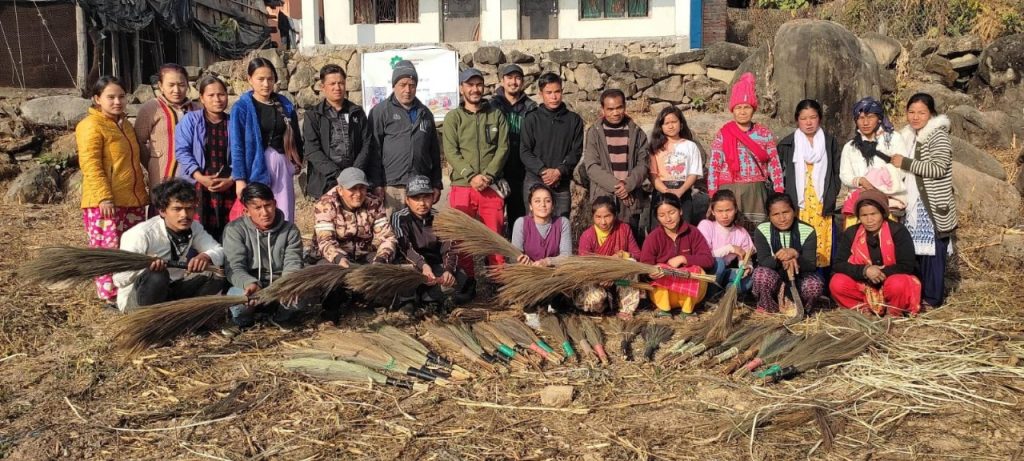
With the right support, these efforts can expand, reaching more communities and creating lasting change. Investing in women-led conservation initiatives is about more than environmental protection—it’s about dismantling barriers that have long excluded women from decision-making, ensuring they have the resources and opportunities to lead. When women have a stake in conservation, they drive solutions that not only restore ecosystems but also build more just, self-sufficient communities where economic security and environmental stewardship go hand in hand.
[ Watch Ankita’s TED talk here ]
Any questions? Our team would love to hear from you. Get in touch by emailing us at info@communitiesfornature.org or fill in the form below and we will get back to you shortly.